At rest
✅ Reduces involuntary movements
✅ Controls chorea symptoms
✅ Enhances motor function
✅ Improves quality of life
✅ Minimizes muscle spasms
Atrest contains Tetrabenazine.
Product Overview
Atrest is a prescription medication formulated with Tetrabenazine (12.5mg) as its active component. Available in tablet form, it is specifically designed to manage movement disorders, particularly Huntington’s disease. The medication functions by modulating neurotransmitter levels in the brain that regulate movement, thereby providing symptomatic relief for movement-related conditions.
Primary Indications
This medication is clinically approved for treating chorea – the hallmark movement disorder of Huntington’s disease. Chorea manifests as unpredictable, involuntary movements affecting multiple body regions including facial muscles and limbs. Atrest effectively diminishes both the occurrence and intensity of these involuntary movements, significantly enhancing patient mobility and daily functioning.
Administration Guidelines
Take Atrest tablets exactly as prescribed by your healthcare provider. The standard regimen involves oral administration two to three times daily, with or without meals. Tablets should be swallowed intact with water; crushing, chewing, or splitting is not recommended. Strict adherence to the prescribed dosing schedule is crucial for achieving optimal treatment outcomes.
Mechanism of Action
The therapeutic effect of Atrest stems from its active compound Tetrabenazine, which selectively inhibits dopamine and norepinephrine reuptake in neural synapses. This pharmacological action normalizes neurotransmitter activity in motor control pathways, thereby mitigating the hyperkinetic movements characteristic of Huntington’s chorea.
Dosage Protocol
Treatment typically initiates with 12.5mg once daily, with gradual upward titration based on therapeutic response and tolerability. The maximum daily dose should not exceed 50mg. Special dosage considerations apply for patients with hepatic impairment or those taking medications that influence hepatic metabolism.
Therapeutic Advantages
- Significantly reduces choreiform movement frequency and amplitude
- Enhances motor coordination and functional capacity
- Improves overall quality of life for Huntington’s patients
- Demonstrates favorable tolerability profile
- May provide secondary benefits for mood-related symptoms
Potential Adverse Effects
Common treatment-emergent effects may include somnolence, vertigo, fatigue, gastrointestinal discomfort, and sleep disturbances. Some patients may develop extrapyramidal symptoms resembling parkinsonism. These effects are typically transient and dose-dependent. Persistent or severe reactions warrant medical consultation.
Important Precautions
Prior to initiating therapy, disclose any history of affective disorders, suicidal tendencies, or hepatic dysfunction to your prescribing clinician. Atrest may exacerbate depression or suicidal ideation in susceptible individuals. Exercise caution when engaging in activities requiring mental alertness due to potential CNS depressant effects.
Storage Requirements
Maintain Atrest tablets in their original packaging at controlled room temperature (20°C-25°C), protected from humidity and heat sources. Ensure secure storage away from pediatric access. Discard any medication beyond its printed expiration date.
Medical Disclaimer:
While we strive to provide accurate, physician-reviewed information, this content should not replace professional medical advice. The information presented here serves educational purposes only and may not encompass all potential drug interactions, contraindications, or adverse effects. Always consult your healthcare provider regarding any medical condition or treatment. This information is intended to complement, not substitute, the crucial relationship between patients and their physicians.
| Strength | 12.5 mg |
|---|---|
| Quantity | 10 Tablet/s, 30 Tablet/s, 60 Tablet/s, 90 Tablet/s, 180 Tablet/s |
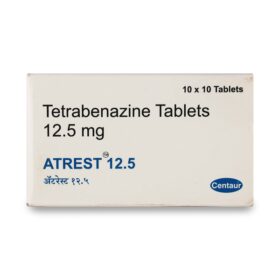 At rest
At rest












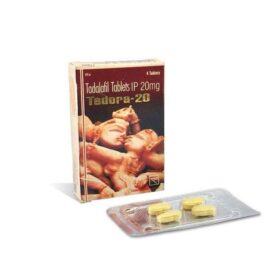




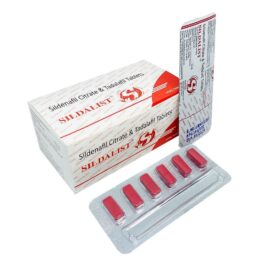



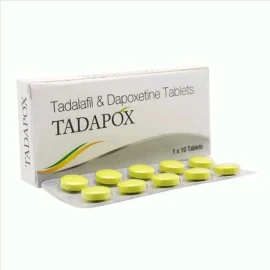
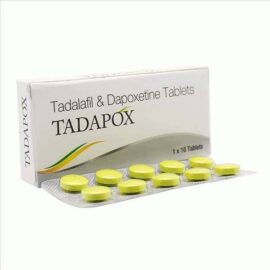


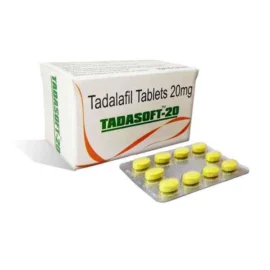
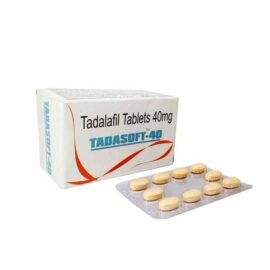
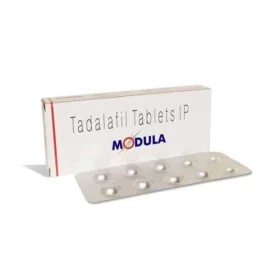
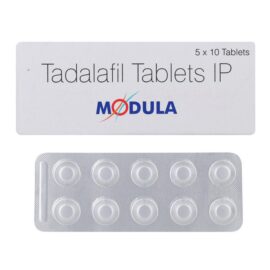

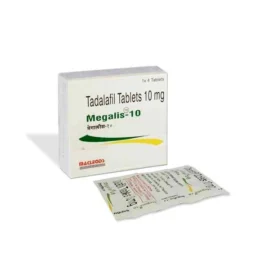
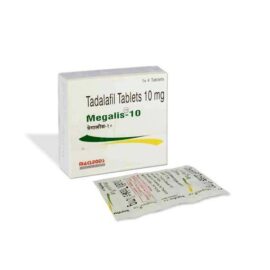

Reviews
There are no reviews yet